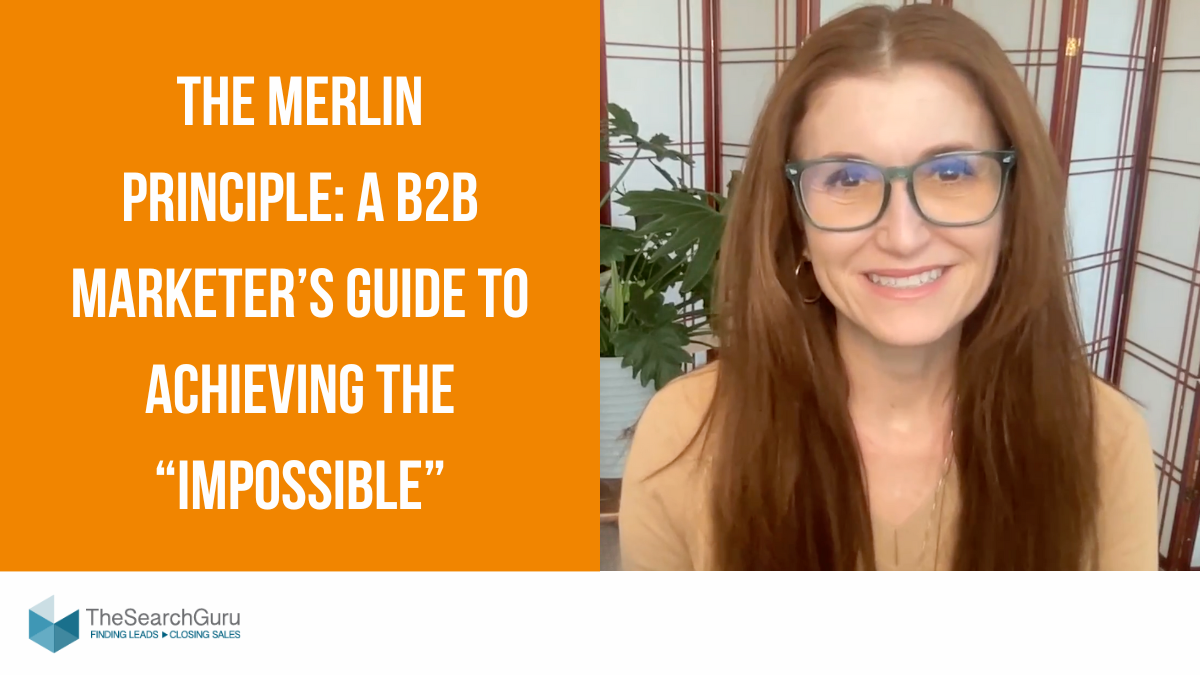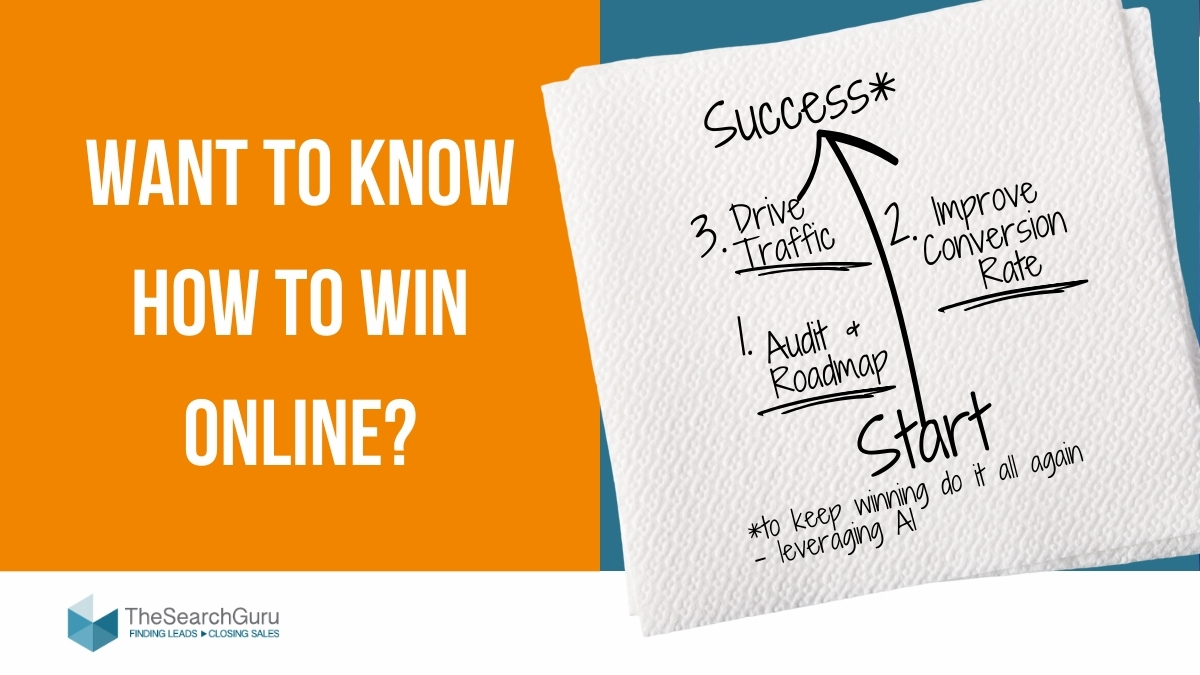Empathy: ability to understand the feelings (wants/needs) of another person
I have a friend named Barbie whom I’ve known my entire life. I literally can’t remember not knowing her. She and I both live near Cleveland, which means we both have experienced plenty of frigid winters – and one thing we have in common is that we both dread the ice and snow. In fact, we complain about it frequently.
When this winter started, though (and it’s been a monster of a winter here!), something was different for her. This year, she looked out her window and saw a homeless man in a nearby park. She shivered at the very thought of being out in that miserable weather and had a vivid picture in her mind of how hard that experience must be.
Rather than just letting that image go, Barbie went to Facebook and set up a blanket drive page and invited friends to donate a blanket so that she could pass them out to anyone in the park who didn’t have a warm place to stay. Soon, blankets were pouring in – as well as knit and crocheted hats, scarves and mittens, thermal socks and more for men, women and children.
Barbie’s plea touched a real chord – and that’s because her feelings of compassion were clearly genuine. She soon had so many items being donated that she started giving them to community food banks and other gathering places where people in need might be.
Barbie’s empathy was heartfelt. And so, people responded.
Empathy in business writing through storytelling
As writers, copywriters, copyeditors and content marketers, it’s our job to communicate information in an effective way. One of the most effective ways is through storytelling, which can help to form strong bonds and connections among people because it gives us a glimpse into the lives of others. In other words, it helps us to understand the feelings (wants/needs) of another person. Sounds a lot like empathy, doesn’t it?
Perhaps you’re thinking: okay, what Barbie did was great, but what I do is write for businesses – and that’s about practical, not touchy-feely, stuff. So, while empathy was important for the blanket drive, you think, it isn’t for business writing.
If that’s what you’re thinking, then take a look at the definition of business that Angel Cabrera, the president of George Mason University, gave in an interview to Forbes in March 2013:
“At its very heart, a business is the beauty of bringing together people and things to make the community better off – these are the businesses we admire. Empathy is the one tool that makes it all happen.”
So, just like Barbie managed to get blankets, hats, warm socks and more to people who were cold, the process underlying a business involves connecting the right people to the best products and services, the ones they want and/or need.
And, that’s where the “touchy-feely” part comes in: the more that you can understand and empathize with the wants and/or needs of a relevant group of people, then the more compelling your copywriting can be, especially when you also use the techniques of storytelling.
How to show empathy if you feel differently?
 Here’s an example. The extent of my “gambling” is that I like to buy 50/50 raffle tickets if the underlying cause is good: animal rescue, helping a school and the like. That part is true; the rest of this example is hypothetical. Let’s say that I was hired to write blog and marketing copy for a website that provides help for people with an addiction to gambling.
Here’s an example. The extent of my “gambling” is that I like to buy 50/50 raffle tickets if the underlying cause is good: animal rescue, helping a school and the like. That part is true; the rest of this example is hypothetical. Let’s say that I was hired to write blog and marketing copy for a website that provides help for people with an addiction to gambling.
As noted above, I don’t have this addiction. Let’s say, though (back to the hypothetical!), that I have no patience for people who can’t just pull up their bootstraps and fix their addictive behavior. With those beliefs, how on earth do I show empathy in writing?
Well, if you’re experienced enough, or polished enough, or careful enough, you can probably get away with faking understanding in your copy, but I’ll guarantee you that it won’t be your best work.
A better strategy would be to immerse yourself in the most current and reliable information and studies focusing on the causes of addiction, the challenges involved with dealing with addiction and the like. If you find yourself feeling empathy for those with gambling addictions, it may be time to interview people – professional counselors and/or those with addictive behaviors that are under control or coming under control – to learn even more. And hopefully empathize more. And, with their permission, to use their stories in your copywriting.
If this exercise is successful, then your writing will almost automatically become more effective. People will feel listened to, which is key to communication.
(And, if this exercise doesn’t work, is this the right writing project for you to take on?? Think about it.)
Focus on the user
When writing marketing copy, don’t talk incessantly about your company (or the company for whom you are writing) and what the company does/can do. Instead, share how life will change and improve for the product/service user.
A quick way to check yourself:
- count how many times you use: I, we, our, my – or your brand name
- count how many times you use: you, your
- how do they compare?
I’m not suggesting that you never use “I,” “we,” “our” or “my.” And I’m certainly not saying that you should never reference a brand name. Clarity is important and, if clarity is improved by using any of those words/names, then go for it. Just watch that you focus on the end user in your content. (And, when you’re offering advice in a blog post from personal experience and knowledge, then that’s a different animal altogether. Here, the subject is marketing copy.)
1) Here is an interesting blog post on the power of empathy in communication.
2) I found that the word “empathy” (from the German word Einfühlung, meaning “feeling into”) is only about 100 years old. Why didn’t we need a word for this concept before that?? (So I’m a word nerd. I’ve never denied that.)
3) What are your thoughts? What empathy-in-writing tips do you have?
Let’s work on this together: book a free work session
All companies we speak with have unique problems, and we’ve yet to find anyone who isn’t primarily plagued by too few resources. Take us up on a free training/work session where we can discuss your unique problems and offer solutions from top B2B marketers. Book one here:






